
Medical Engineering
-
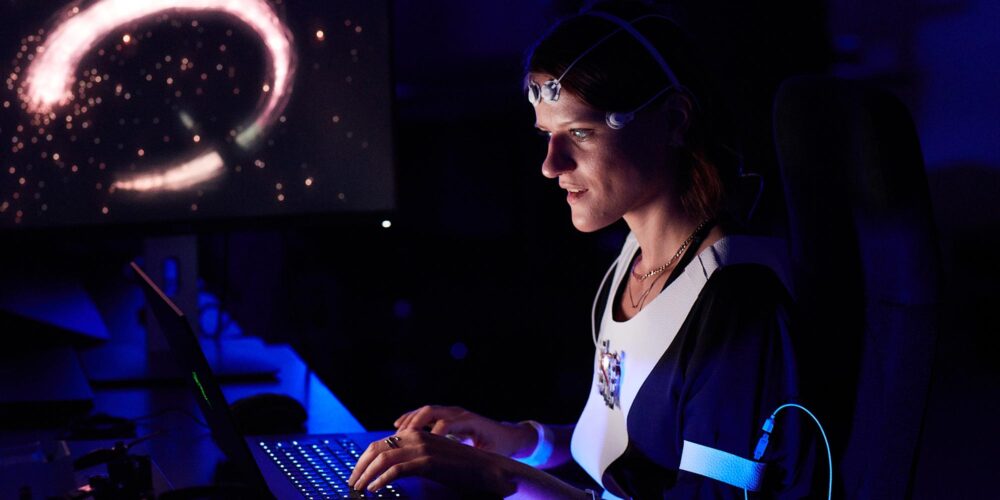
That’s why we are so fascinated by technology
We experiment, develop and tell stories with technology. The first part of Ars Electronica’s 2022 Year in Review shows how.
-
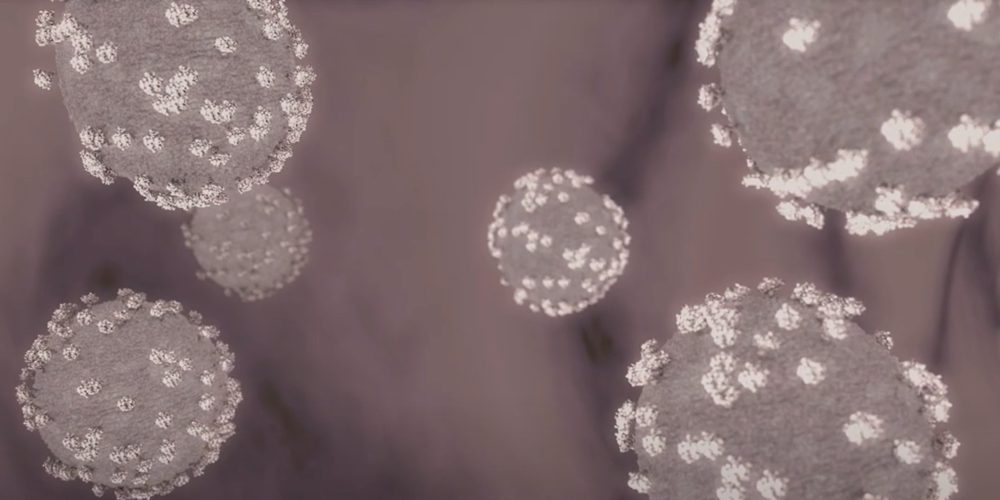
How AI, Big Data and Machine Learning can also be used against the Corona virus
There are countless examples where AI is currently being used in the fight against the Corona virus and many companies, scientists and artists are working on similar plans. We exemplary present you some of these projects.
-
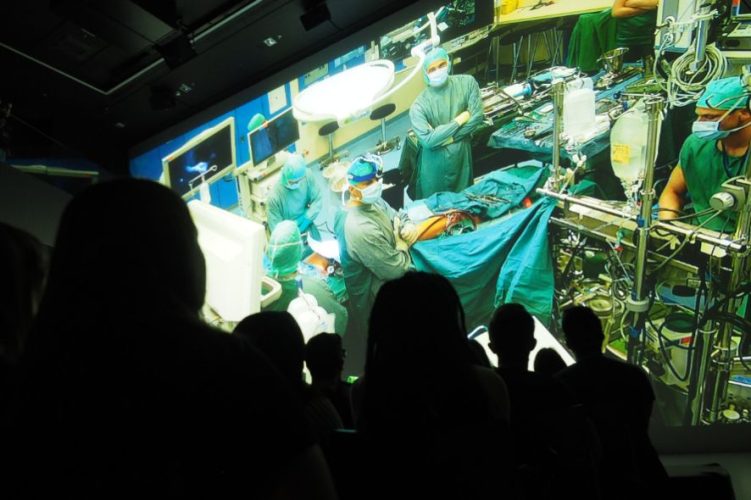
Live Heart Surgery at Deep Space 8K
Mehr als 100 Besucherinnen und Besucher waren am 4. April im Deep Space des Ars Electronica Center mit dabei und konnten eine Herz-OP im Kepler Universitätsklinikum live mitverfolgen.
-
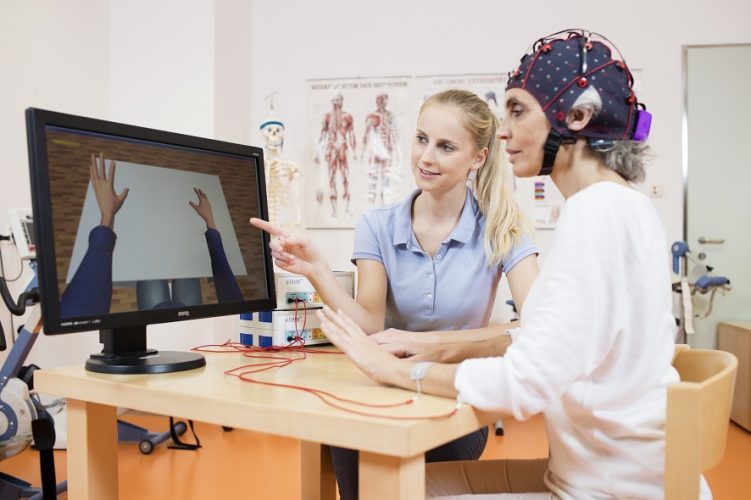
Innovative Help after a Stroke: Bugfix the Brain
Therapy that makes progress even years after a stroke, improved motor functions, and high-tech aids for everyday life—an Upper Austrian firm named g.tec makes it happen. To find out why g.tec’s technologies produce such impressive results and how to try them out at the Ars Electronica Festival September 6-10, 2018, read this interview!
-
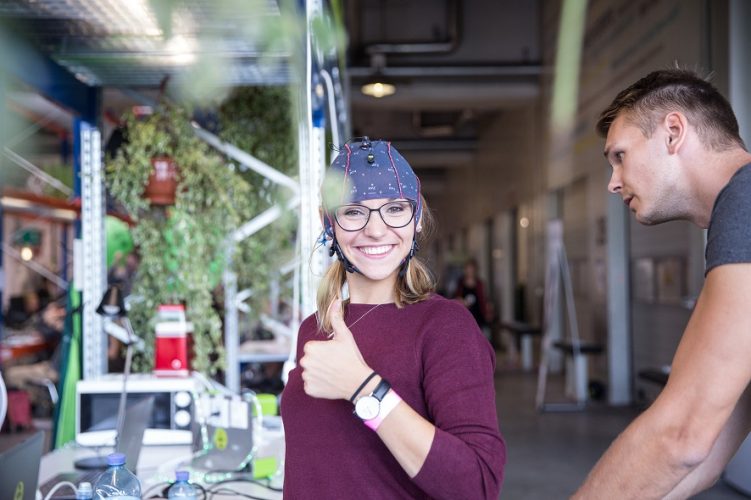
BR41N.IO Hackathon: Eat, Sleep, Hack, Repeat!
24 hours—that’s all the time allotted to hackers and artists for the completion of their brain-computer interface projects during the BR41N.I0 Hackathon September 8-9, 2018 at the Ars Electronica Festival. To find out what awaits you at this year’s Hackathon set amidst a media art conclave, read on.
-
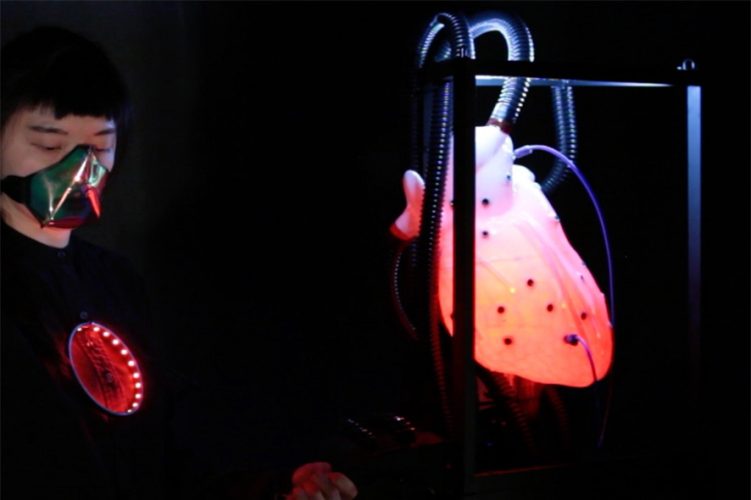
STEAM Imaging: When Art, Science and the Next Generation Converge
Bringing together scientists, school kids and an artist, transcending the boundaries of individual disciplines, discovering flexible forms of learning and collaboration, and imparting skills to work effectively with new technologies were the objectives of the artist-in-residence project entitled STEAM [science, technology, engineering, art, mathematics] Imaging. Bianka Hofmann, head of corporate communication at the Fraunhofer Institute…
-
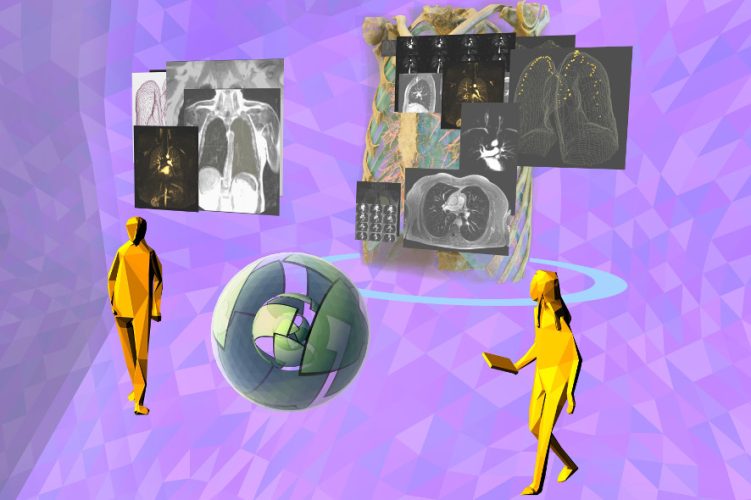
Physicians’ Colleague, Patients’ Helper: The Cognitive Computer
The 3-D short film entitled “Physicians’ Colleague, Patients’ Helper: The Cognitive Computer” will be running in Deep Space 8K at the Ars Electronica Center beginning in May. This film explains how deep neural networks can facilitate the evaluation of medical data, and how this is changing both the physician’s role and the doctor-patient relationship.
-
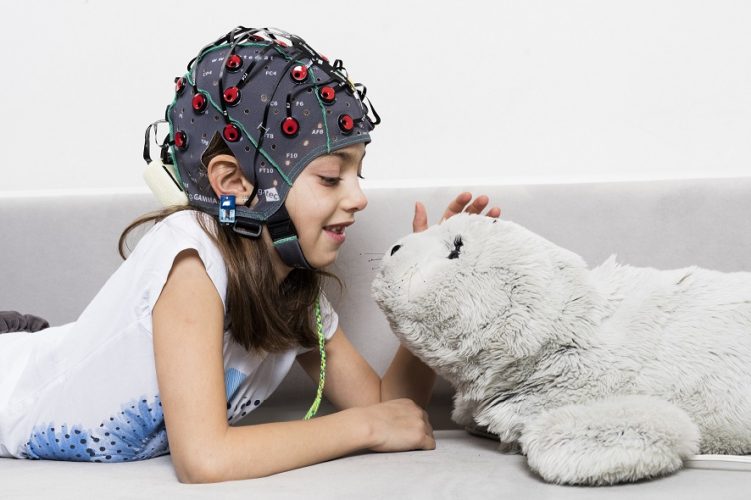
BR41N.IO Hackathon: On Your Marks, Get Set, Hack!
This event is the first of its kind at the Ars Electronica Festival—the BR41N.IO Hackathon demands high performance from hackers and designers, who’ll have 24 hours beginning at 11 AM on Friday, September 8th to conjure up projects based on brain-computer interfaces. To find out how this Hackathon will happen, what sort of stuff will…
-
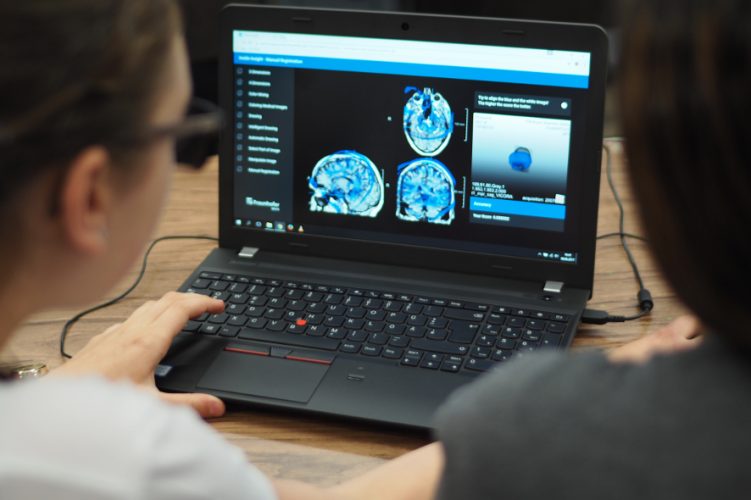
Medical technology and art make a wonderful match!
The Fraunhofer Institute for Medical Image Computing MEVIS based in Bremen, Germany and Taiwanese media & sound artist Yen Tzu Chang have organized a workshop for pupils in cooperation with the Ars Electronica Center. The workshop blends art and science—in concrete terms, technical procedures of medical imaging and sound art. We talked to Sabrina Haase…
-
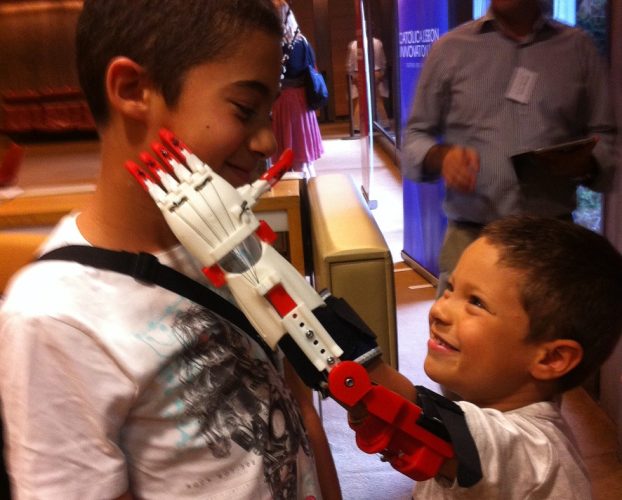
Touching Stories behind the Patient Innovation Platform
The Patient Innovation-platform has brought forward many revolutionary ideas for treating all kinds of diseases. They’ve been developed solely by affected people who as non-experts truly deserve exposure – also at the exhibition “Beyond the Lab: The D.I.Y. Science Revolution” at Ars Electronica Center.
-
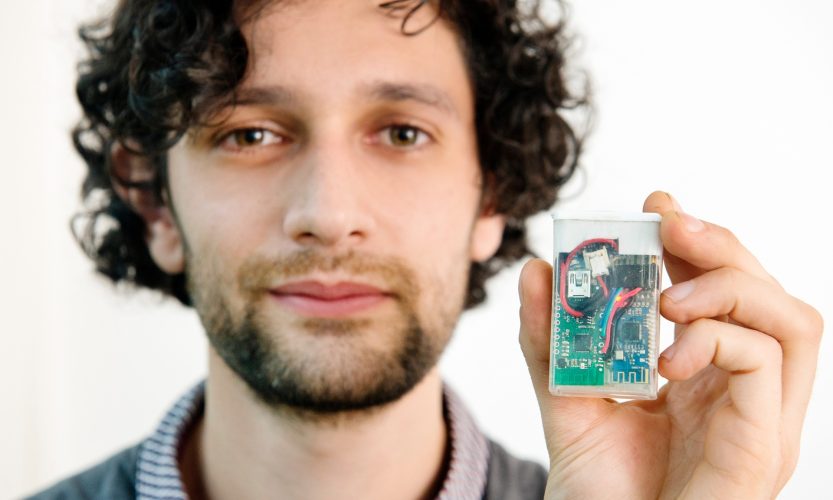
The “TIC TAC-tics” of Timothy Omer Hacking Diabetes
Timothy Omer is a part of the DIY revolution in the healthcare system and also of the SPARKS-initiated exposition “Beyond The Lab”, which is opening at the 29th of March at the Ars Electronica Center. His example of hacking Continuous Glucose Monitoring Systems demonstrates that patients get a grip on their condition.
-
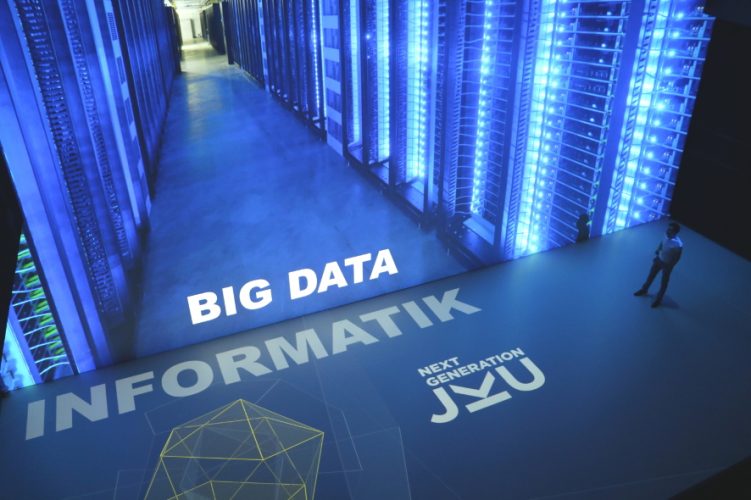
Seeing Data – Understanding Cancer
They’re quoted in some of the most highly respected scientific journals worldwide but in their homeland, Austria, they’re hardly known. So, who are these brilliant young Upper Austrian scientists, and what exactly are they performing research on at Johannes Kepler University in Linz?
-
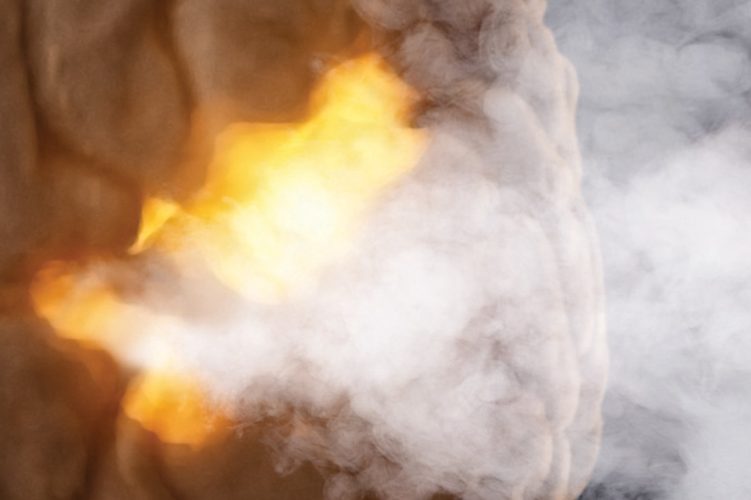
STEAM Imaging: An Experiment in Art & Science
The Fraunhofer Institute for Medical Image Computing (MEVIS) has announced an exciting artist-in-residency program that focuses on links between art and science. They’re also integrating pupils into this experiment.
-
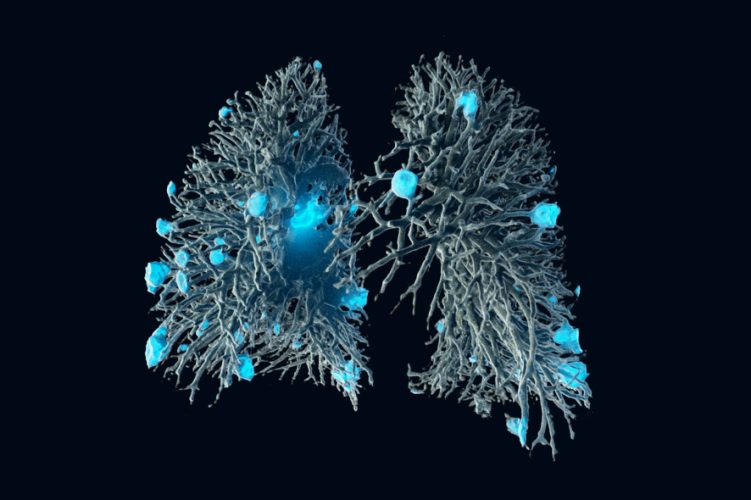
Pathfinding in the Human–Computer Medicine
During the last three decades we have witnessed the growing complexity of technology and a flood that is filling our hospitals today—functional imaging, full gene sequencing, automated laboratory medicine and much more. But the role and responsibility sharing in healthcare has remained almost unchanged despite almost complete digitization. In this Deep Space talk Professor Horst…
-
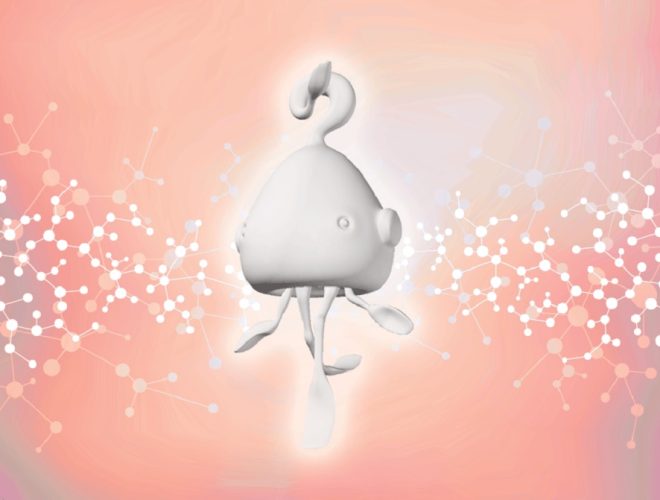
Lea and Jakob have robots in their blood
Nanoparticles have become an essential part in the food chain as they provide better fluid properties, color and preservation. Science classifies them at least as critical. In contrast, nanomachines, or so-called nanobots are applied in the cure of cancer. In the course of the third SPARKS-residency at the Ars Electronica Futurelab, Jakob and Lea Illera…
-
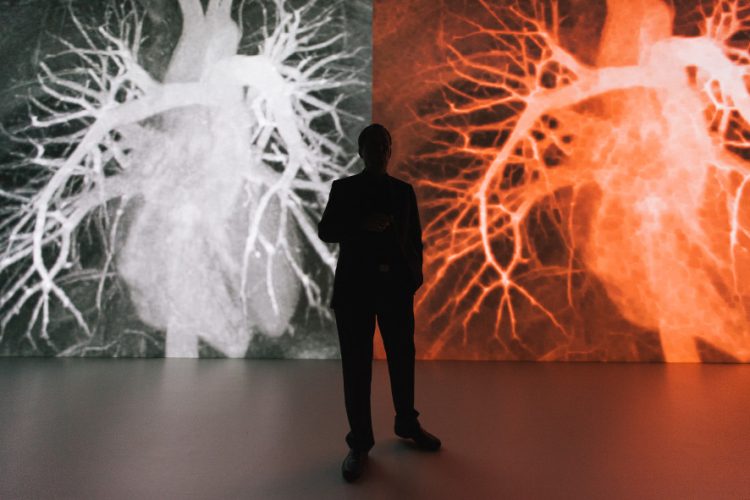
Deep Space LIVE: Anatomy for Everybody – Travel Medicine
Dr. Martin Haditsch, a specialist in tropical & travel medicine talks about his presentation together with Dr. Franz Fellner at Deep Space LIVE: Anatomy for Everybody – Travel Medicine on Thursday, February 11, 2016 at 8 PM.
-
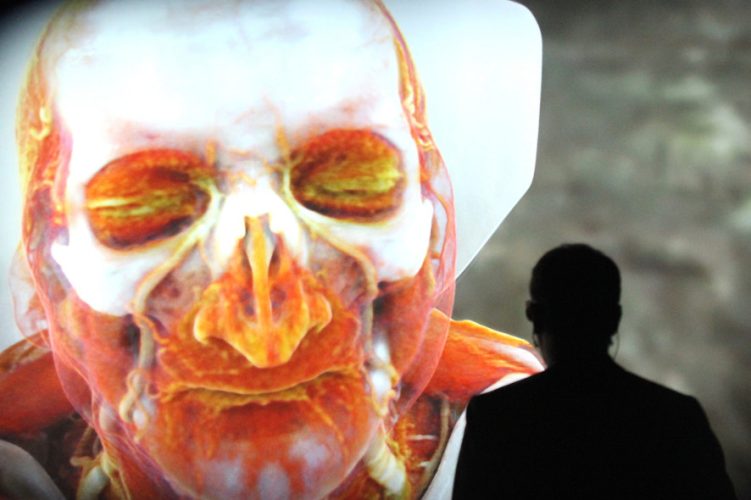
The Universe Within – Cinematic Rendering
Because of the technical innovations in the Deep Space 8K, it is now possible to use highly complex programs. One is the Cinematic Rendering app for the presentation of photorealistic images of the human body in 3-D and jumbo-format dimensions.
-
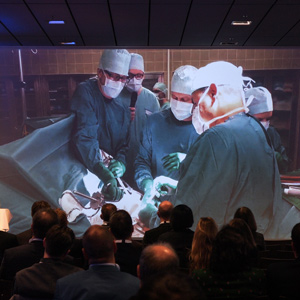
From Operating Room to Conference Hall
A very special highlight kicked off this international surgical congress: Operations being performed simultaneously at three ORs at Linz’s Krankenhaus der Barmherzigen Schwestern (Hospital of the Sisters of Mercy) were broadcast directly to the Ars Electronica Center.
-
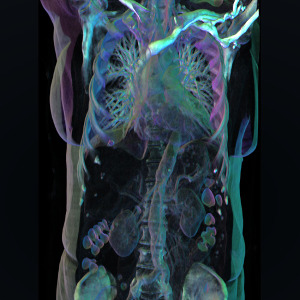
3-D Patient Data Direct from the Clinic
Yesterday a large number of visitors attended the second part of the series “Deep Space LIVE: Anatomy for All”. We chatted with Dr. Franz A. Fellner and Horst Hörtner which exceptional 3D visualization of the human body they presented this time.
-
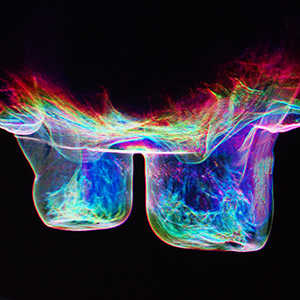
Anatomy for All
Modern imaging procedures used in the medical field today provide fascinating insights into what goes on inside a human being. Dr. Franz Fellner of Linz General Hospital recently talked to us about the possibilities created by visualizations in Deep Space.
-
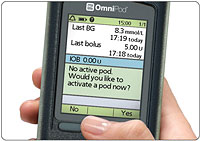
Omnipod, an insulin pump in the RoboLab
Diabetes is a so-called disease of affluence or lifestyle disease. It can do catastrophic damage to the body if left untreated. The Ars Electronica Center recently installed a very informative exhibit about Ypsomed’s Omnipod, a compact insulin pump that makes everyday life a lot easier for diabetics. Thomas Jannke, the AEC’s vice-director of visitor services…
-
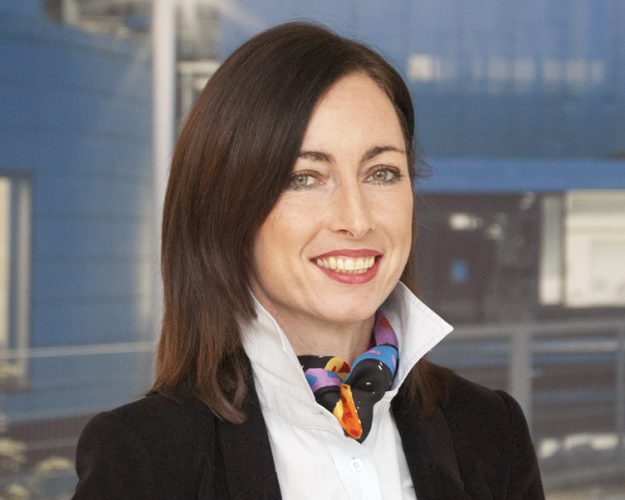
Dr. Manuela Macedonia about Knowledge Transfer
There’s a lot of things to learn from Neuroscience. Dr. Manuela Macedonia talks about the impact that findings from this field can have on a lot of other disciplines and why the knowledge transfer is not always easy. Macedonia will be having her last “Brain For Everybody” – Talk for 2012 on November 15 at…
-

Dr. Manuela Macedonia im Interview
Dr. Manuela Macedonia ist regelmäßig als Vortragende im Ars Electronica Center und ist verantwortlich für die Reihe “Gehirn für Alle”. Wie sie zu dem Thema gekommen ist, was in den nächsten Wochen und Monaten zu sehen sein wird, verrät sie im Interview.